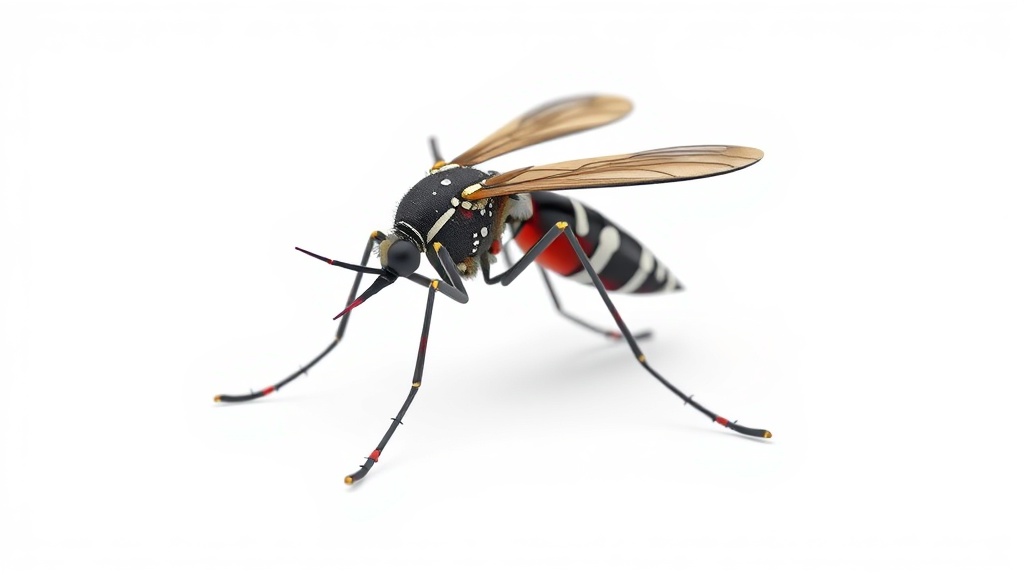Home / Environment / Mosquitoes Breach Iceland's Borders as Climate Change Transforms the Arctic
Mosquitoes Breach Iceland's Borders as Climate Change Transforms the Arctic
21 Oct
Summary
- Mosquitoes found in Iceland for the first time
- Iceland was one of the only places without mosquitoes
- Warming climate makes Iceland more hospitable for insects

As of October 2025, mosquitoes have officially arrived in Iceland, a country that was previously one of the only places in the world without the insects. This historic development is a direct result of global warming, which has been transforming the Arctic nation's climate.
According to the article, scientists have long predicted that mosquitoes could establish themselves in Iceland due to the abundance of breeding habitats such as marshes and ponds. While many species would be unable to survive the harsh Icelandic conditions, the country's warming temperatures have made it increasingly hospitable for the bloodsucking insects.
In fact, Iceland is warming at four times the rate of the rest of the northern hemisphere. This rapid climate change has led to the collapse of glaciers and the arrival of fish from warmer, southern climes. Now, the presence of three specimens of the Culiseta annulata mosquito species in the country's Kiðafell region marks a significant ecological shift.
The discovery was made by a citizen scientist, Björn Hjaltason, who spotted the mosquitoes in a wine trap he had set up to attract moths. He promptly reported the finding to the Natural Science Institute of Iceland, where entomologist Matthías Alfreðsson confirmed the identity of the insects.
The Culiseta annulata species is known for its cold-resistance, allowing it to survive Icelandic winters by sheltering in basements and barns. This adaptation, combined with the country's warming climate, suggests that mosquitoes may become a permanent fixture in Iceland's ecosystem in the years to come.




